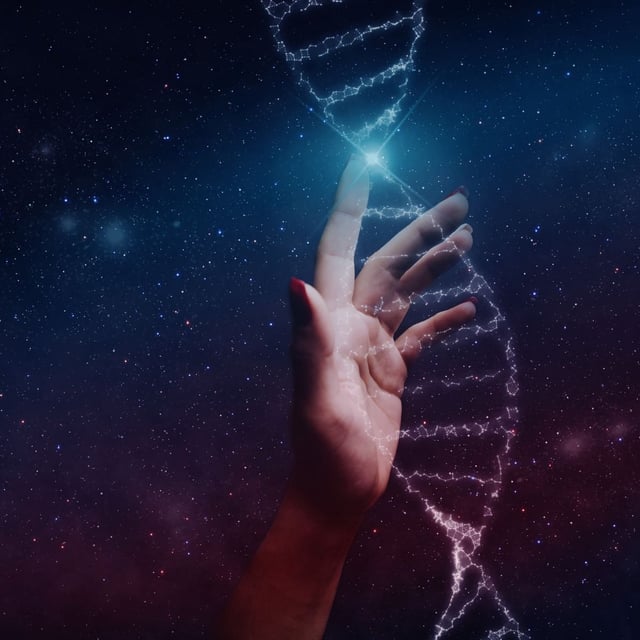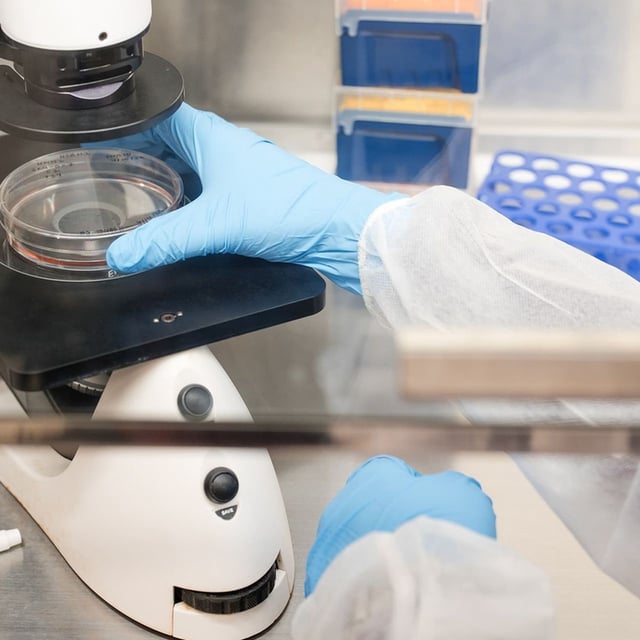Overview
- Doctors used the first custom in vivo CRISPR gene therapy to treat a newborn, KJ, with severe CPS1 deficiency, a life-threatening urea cycle disorder.
- Within two weeks of the initial infusion, KJ began metabolizing protein normally, showing significant improvement after three doses of the therapy.
- CPS1 deficiency, affecting one in 1.3 million babies, prevents the body from eliminating toxic ammonia and previously required liver transplants, which were not viable for infants.
- The therapy was developed over six months by a collaborative team of U.S. researchers, leveraging decades of advancements in gene-editing technology.
- This success signals a transformative potential for CRISPR-based treatments to address other rare genetic disorders, though long-term safety and efficacy are still under study.


